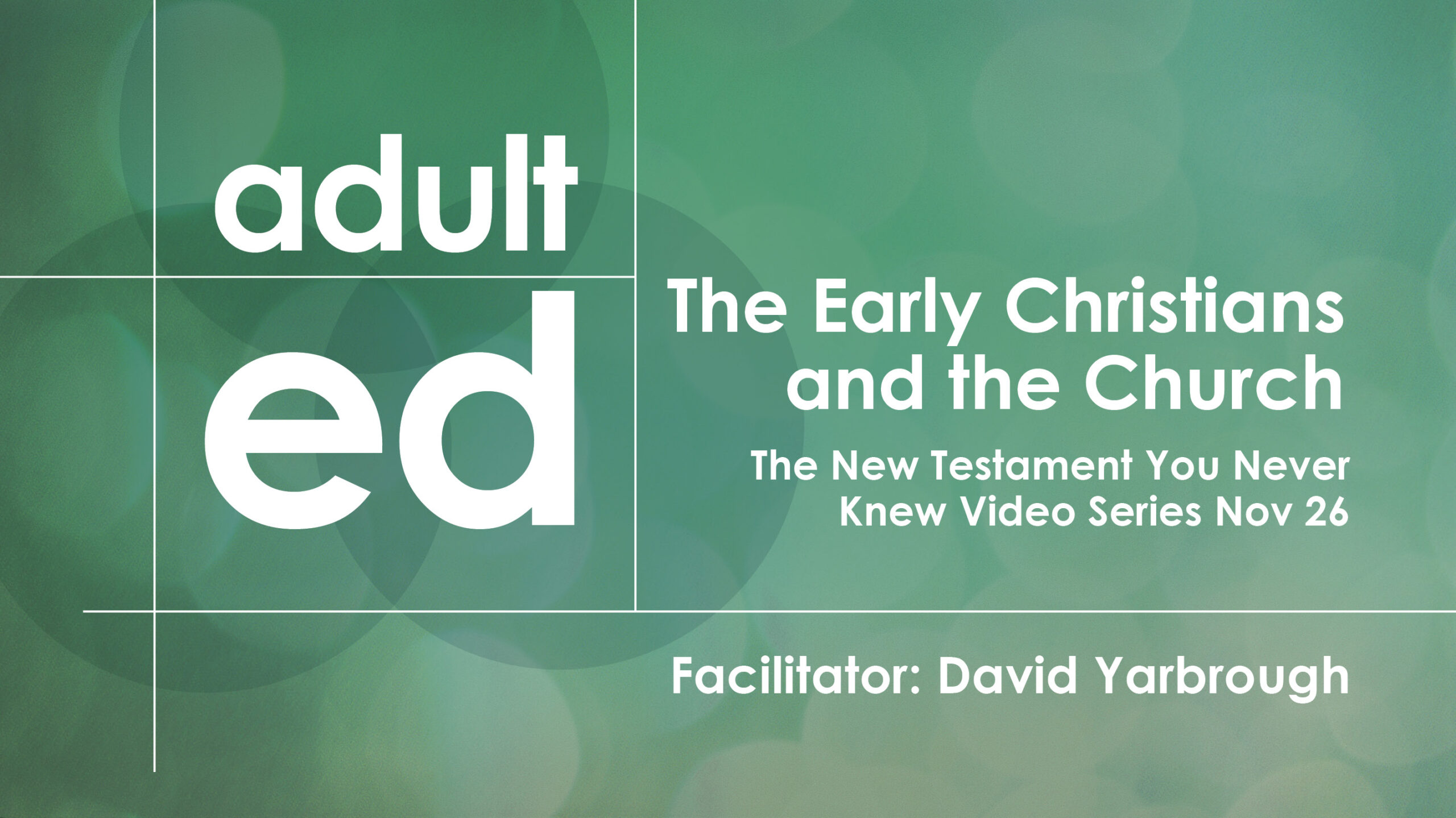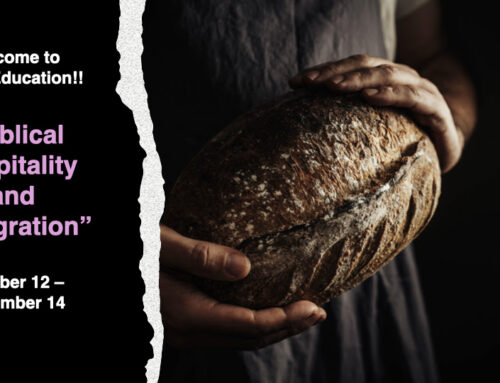Long before our era of mega-churches, elaborate buildings, formal and liturgical worship services, and various denominations, the early Christians did not have big or fancy buildings and more often met in squalid apartments or outdoors or in community buildings. Occasionally a house church met in the lavish home of a wealthy member. Later, large and highly adorned edifices arose as Christianity spread. This session will make clear that where they met was not important. What set them apart was who they were and what they believed. The authors note: “In New Testament times—as today—the church represents the people of God. We are followers of the King, Risen Messiah, the Savior. We are the church.”
Unlike the Greek and Roman cultures around them, early Christians followed their Jewish heritage in affirming that history is linear, it has a beginning in creation and a denouement or end called Parousia when Messiah would come. The typical Greek or Roman worldview was that our existence is cyclical, as seen in Ecclesiastes in the Old Testament: “there is nothing new under the sun. That which has been is what will be.” The early Christians were adamant that Parousia had come in Jesus. Unfolding discoveries from space technology continue to unveil news about the origins of our universe that challenge both world views. Obviously, thinking about church today has us struggling to be loyal to Jesus while the world pulls in different directions just as for the early Christians. We have to move beyond thinking of churches as locations where Christians meet at set times to an understanding of church as the community of the Cosmic Christ.
Session 6 of “The New Testament You Never Knew” will explore the challenges faced by the earliest Christians in “turning the world upside down.” Join us after worship for a pertinent video and challenging discussion. Please keep in mind that due to copyright issues, we cannot livestream or post this series for online viewing.





